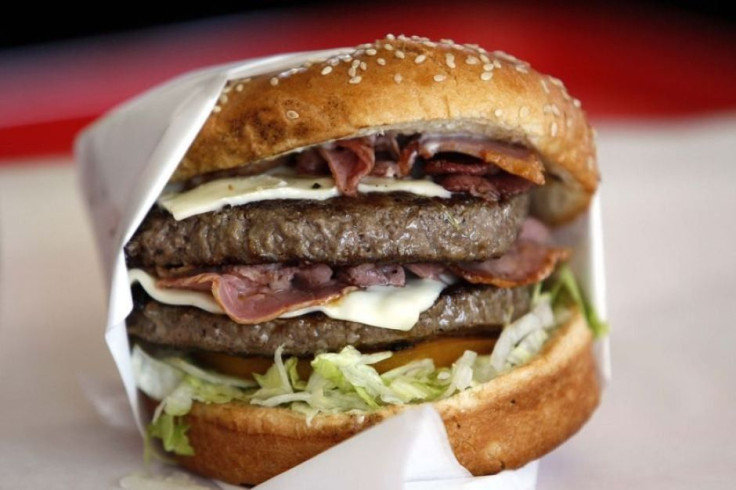Overeating, Not Alcohol, Will Be The Major Cause Of Liver Failure In The Future

Instead of alcohol abuse, overeating will be linked to most liver transplants by 2020, experts say. According to a study, most people in the UK suffer from a disease called non-alcoholic fatty liver disease.
Dr. Quentin Anstee, a liver specialist at Freeman Hospital and the Newcastle University, warns that an increasing number of Britons are facing a “major and growing challenge” of liver disease. According to the published study found in The Lancet at the end of 2014, a third of Britons suffer from the liver disease and it is caused by eating more than they should.
“The truth is that the man in the street is carrying a few more pounds than a decade ago,” Anstee said in a report from The Guardian. “The rate of liver disease has increased 400 percent since the 1970s,” he said. He also predicted that at the end of the decade, liver disease from overeating, and not from alcohol abuse, will become the most common reason why people will go for liver transplants.
Non-alcholic fatty liver disease, or NAFLD, is a term given to a wide variety of conditions resulting from fat buildup in liver cells. This disease is common among obese or overweight people.
National Health Service, or NHS, states that a healthy liver should contain only little to no fat. People with NAFLD have small amounts of liver fat, and symptoms do not usually manifest.
This early stage of the disease is known as fatty liver or steatosis. NHS reports that 25 to 30 percent of people in the UK carry this form of NAFLD. Fatty liver usually goes away if underlying causes such as obesity and high cholesterol levels are addressed.
Newcastle University will become the centre of the liver disease research programme in Europe, as Britain is seen as the most affected of all countries. The details of the research will be announced later in May.
To report problems or leave feedback on this article, email: wendylemeric@gmail.com.





















